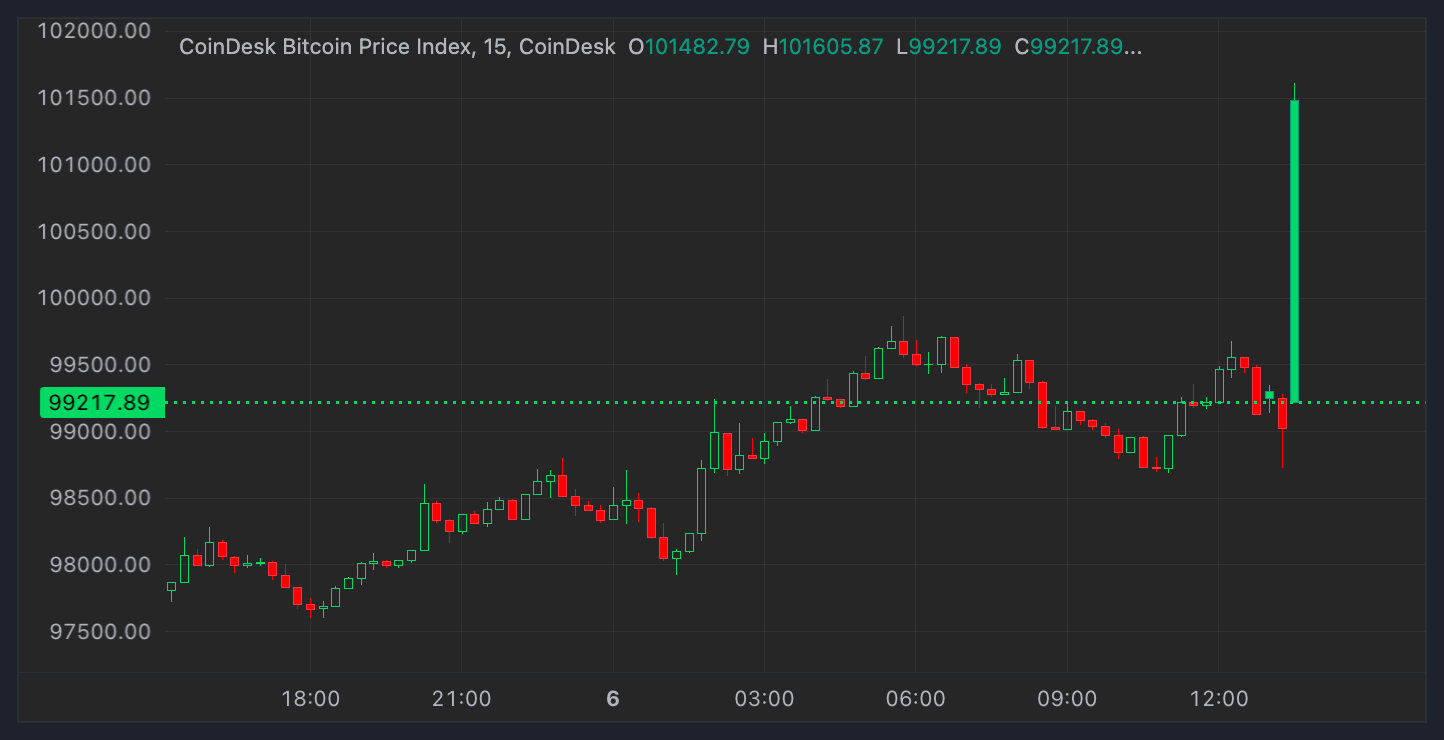The Chief Economist at Israel’s Ministry of Finance, Shira Greenburg, published a list of recommendations for the regulation of digital assets on 28 November.
She called for a more comprehensive regulatory framework that would bring trading platforms and crypto issuers in line while expanding the powers given to its financial regulators.
This list of recommendations included building new regulatory infrastructure, introducing legislation to authorize and supervise the issuance of backed digital assets such as stablecoins, and facilitating financial services through such tokens.
The guidelines also included the need for a law to give the Bank of Israel the right to oversee digital assets with significant stability or monetary effect.
Additionally, it would allow the payment of taxes on cryptocurrency held outside Israel through the central bank. Lastly, the proposal would create an inter-ministerial committee to supervise the regulation of decentralized autonomous organizations (DAOs).
Greenberg also suggested that the Supervisor of Financial Service Providers should be given more authority to oversee licensing rules and to develop a more comprehensive taxation framework for the purchase and sale of digital assets. She emphasized the importance of lawmakers considering the concept of technological neutrality when enacting digital asset-related rules.
Is Israel not a crypto-centric country?
Data suggests that Israeli residents have accounted for 21 million blockchain-based transactions, which equates to 0.04% of all crypto transactions worldwide.
In early September, the country’s markets regulator granted its first permanent license to Hybrid Bridge Holdings to provide crypto services. In late October, the Tel Aviv Stock Exchange (TASE) announced that the body was contemplating building a blockchain-based digital asset trading platform.
Israel, however, is not a country big on cryptocurrencies as it stood on 111th rank in the global crypto adoption index published by Chainalysis.
Read More: ambcrypto.com









 Bitcoin
Bitcoin  Ethereum
Ethereum  XRP
XRP  Tether
Tether  Solana
Solana  Dogecoin
Dogecoin  USDC
USDC  Cardano
Cardano  Lido Staked Ether
Lido Staked Ether  TRON
TRON  Avalanche
Avalanche  Sui
Sui  Wrapped stETH
Wrapped stETH  Chainlink
Chainlink  Toncoin
Toncoin  Shiba Inu
Shiba Inu  Stellar
Stellar  Wrapped Bitcoin
Wrapped Bitcoin  Hedera
Hedera  Polkadot
Polkadot  WETH
WETH  Bitcoin Cash
Bitcoin Cash  Uniswap
Uniswap  Pepe
Pepe  Hyperliquid
Hyperliquid  Litecoin
Litecoin  LEO Token
LEO Token  Wrapped eETH
Wrapped eETH  NEAR Protocol
NEAR Protocol  Internet Computer
Internet Computer  Ethena USDe
Ethena USDe  USDS
USDS  Aptos
Aptos  Aave
Aave  Render
Render  Bittensor
Bittensor  Mantle
Mantle  Cronos
Cronos  POL (ex-MATIC)
POL (ex-MATIC)  Ethereum Classic
Ethereum Classic  Virtuals Protocol
Virtuals Protocol  Artificial Superintelligence Alliance
Artificial Superintelligence Alliance  Arbitrum
Arbitrum  WhiteBIT Coin
WhiteBIT Coin  MANTRA
MANTRA  Monero
Monero  Tokenize Xchange
Tokenize Xchange